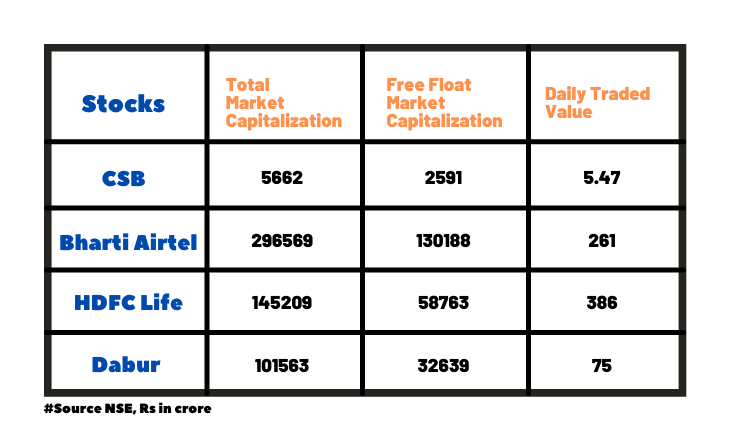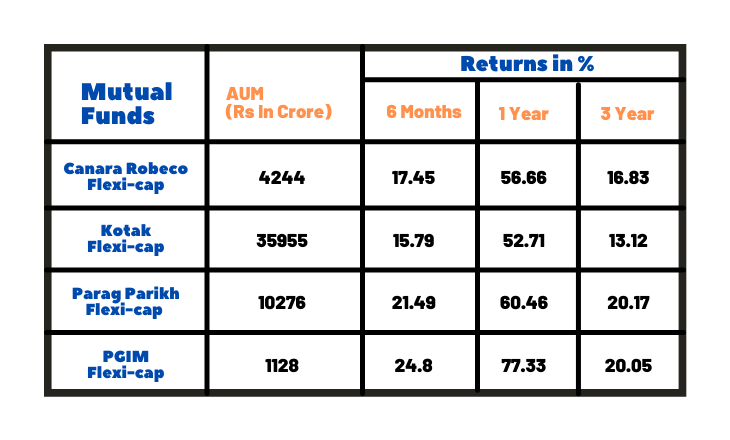Hello Readers!
AUM or Assets Under Management, is basically the total value of the assets being managed by a specific mutual fund scheme. The assets in a mutual fund scheme are managed by the fund manager of that fund, who takes all decisions, regarding the scheme on behalf of investors.
Financial advisors suggest analyzing several factors while picking up a fund scheme to invest in, among these factors, AUM or asset under management is also included. However, that one constriction that arises here is that a factor that never remains constant and keeps changing (the value of AUM of a fund keeps changing as the market grows), how does it affect our investment or redemption decisions?
The size of Assets Under Management of specific fund matters in many ways as it plays an important role in deciding the value of many other factors related to the mutual fund scheme.
Let us know about the factors that are decided by the AUM value of a fund, and how does it affect our investment or redemption decisions?
Factors Decided By The AUM Of A Specific Fund-
Impact Cost
Impact Costs generally arise when a fund either wants to buy or sell a reasonable quantity of a particular stock. Basically, the fund manager's cost while buying/selling to build allocation to a particular stock is called impact cost. This results in gearing the price rise and hence a loss to the investors.
To give a rough idea about this here we have some stocks with different market capitalization. Let us assume the fund manager of a Rs 5000 crore scheme wants to buy CSB stock to the tune of 2 percent holding, which is Rs 100 crore.
For CSB stock with a daily traded value of Rs 5.47 crore, it would be a difficult task to build the same allocation. While for Bharti Airtel, with a daily traded value of Rs 261 crores, and instead of being a large-cap fund, it would take a couple of days to build the same allocation. But HDFC Life, with a daily traded volume at Rs 386 crore, would be much easier to buy.

Brokerage Cost
The second factor that is affected by the size of the AUM of a specific fund is its brokerage charge. We know that each mutual fund scheme is associated with different transaction costs that the mutual fund has to pay based on the broker’s specialized services. Well, you might not be knowing the fact that at the AMC level, brokerage costs for larger funds (funds with high AUM) can be fairly low while smaller schemes (funds with low AUM) may attract higher brokerage costs.
Over-Diversification
The larger the size of the fund is, the more is the tendency to add more to the fund, however, sometimes this results in adding not so useful schemes to the portfolio. That means, sometimes the larger fund size might result in over-diversification of the fund.
Expense Ratio Of A Fund
The upper limit of expense ratio for all kinds of funds is it Equity or debt is already fixed by SEBI. However, you must know the fact that the expenses ratio of a fund is highly impacted by the size of that fund. The larger the size of the fund increases, the expense ratio starts reducing. That means the size of the fund is inversely proportional to the expense ratio of the fund.
The performance of the funds is also affected partly by the size of the fund. The funds with the larger size, generally yield low returns than a compared fund with smaller sizes. Here are a few Flexi-cap funds, their AUM, and returns over the past three years.
 Here in the image above you can see funds with a size around Rs 10000 crore and lower have been able to provide better returns than schemes above this size over the three-year tenure. We have taken returns for up to three years as most of the funds in the industry have risen in size mainly over this period.
Here in the image above you can see funds with a size around Rs 10000 crore and lower have been able to provide better returns than schemes above this size over the three-year tenure. We have taken returns for up to three years as most of the funds in the industry have risen in size mainly over this period.
Let Us Sum Up!
From the above context, we can easily sum up that the size of a specific effect number of factors, like expense ratio of that fund, brokerage cost, impact cost, and also the performance of the fund (many other factors also responsible for fund performance). Thus, while picking up a fund it is necessary to analyze the size of the fund that is its total Assets Under Management.
Keep reading our articles for more updates on finance and investment!!
For any kind of query you can contact us at Shri Ashutosh Securities Pvt Ltd., we are here to help you in any way possible.
Happy Investing!
(Mutual Fund investments are subject to market risk Illustrations are for example only, there is no guarantee of returns. Past performance is not an indicator/guarantee to future returns).